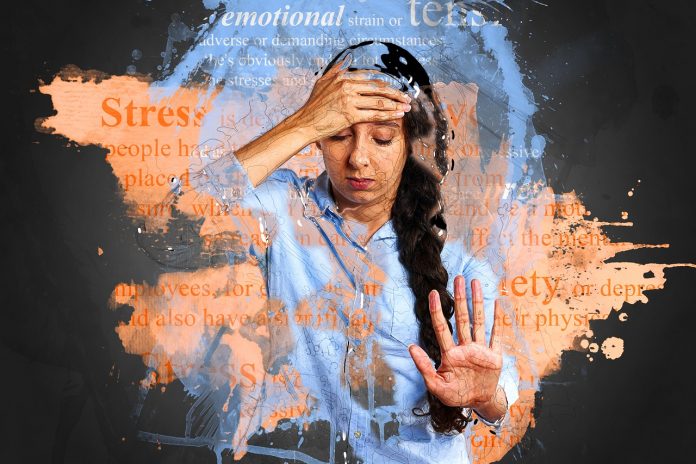Oh my, did I forget to lock the front door when coming out? What would my boss say when he gets to know about the mishap with the new project? What would happen to my kids if something happens to me? Will I be able to pay my mortgage? That’s all related to anxiety chest pain.
There are 101 problems in many people’s minds which might make them feel worried, nervous and fearful about what happened in the past, what is happening in the present and what might happen in the future.
These are typical worries which we go through in our everyday life. Sometimes these worries themselves tend to become beyond a normal “concern” and may start giving “panic attacks”. These panic attacks might cause chest pains, which definitely is not a good sign.
It’s always good to be knowledgeable about these. So, that you can identify when they would occur and if and when they do, you would know how to deal with them.
What is Anxiety?
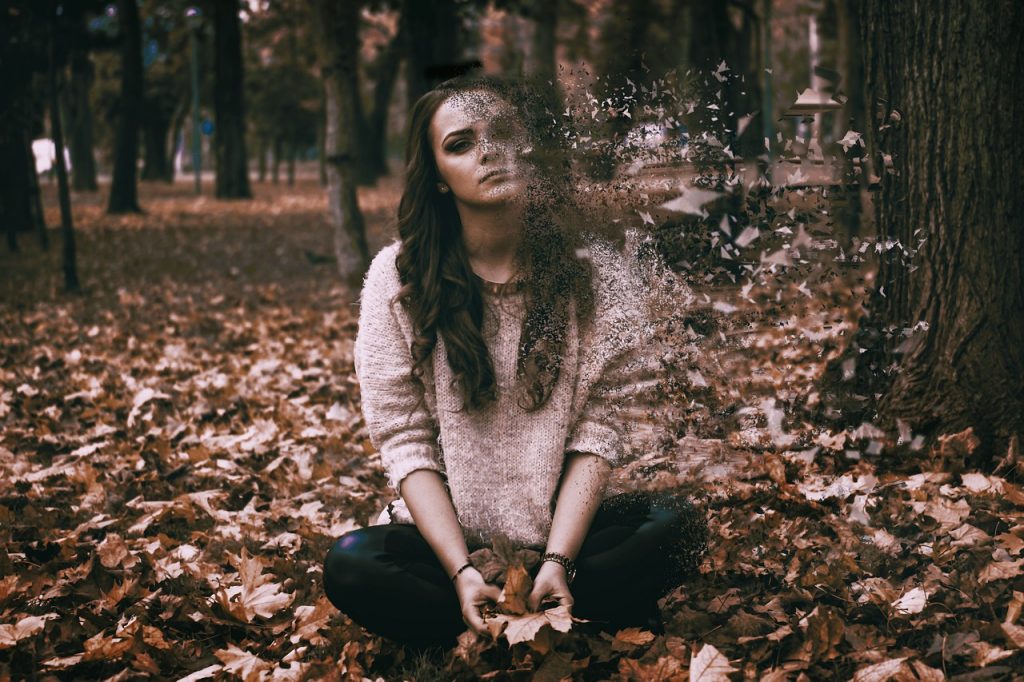
Anxiety is an emotion with the characteristics of tension, excessive nervousness, worry, and fear. Feeling anxious is natural.
This feeling can help us avoid any potential upcoming dangers with a “fight or flight” response, which can even ultimately save your life in some situations. So, anxiety is not a bad thing. We need it.
But only to some extent. Sometimes, people worry about unnecessary things, imagining about perceived threats, which may or may not happen.
And sometimes, these worries can become persistent and larger than reality, due to a serious miscalculation of the actual extent of the problem. This might happen once or twice. But if it becomes a “way of life” for you, there’s a possibility that you’re suffering from “anxiety disorder”.
What is Anxiety Disorder?
The common name – “Anxiety” is a term used to identify a group of mental health disorders. There are different types of anxiety, each having its own set of symptoms.
Also, it is possible to experience more than one anxiety type at the same time too!
What are the Types of Anxiety Disorders?
Following are some of the types of Anxiety Disorders
Generalized Anxiety Disorder
Commonly known as “GAD”, it’s a type of anxiety stemming from being excessively worried about everyday life elements such as family, work, health or money. While the exact cause for this is not fully identified, it may have impacts from a person’s genetics, brain chemistry, and environmental stress.
Social Anxiety Disorder
We are all anxious in situations such as when we’re meeting someone for the first time, during presentations or walking into a roomful of strangers. While it’s quite natural if you feel like it’s something which you can’t handle at all and try to avoid any social event or even try to avoid eye-contact with ordinary people. You might be having a Social Anxiety Disorder, or commonly known as “Social Phobia”. This is one of the most common phobias.
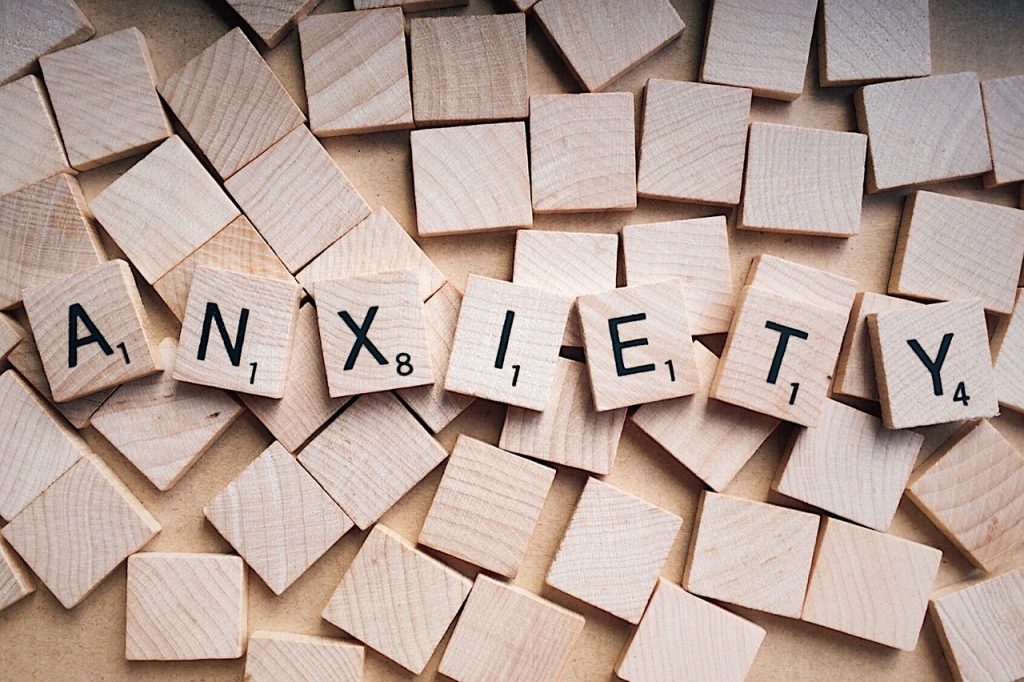
Specific Phobias
Some people are afraid of spiders; some are afraid of confined spaces like elevators; while others can’t stand the sight of blood. These are called “Specific Phobias” and are made up of unreasonable fear of a specific object or an event that poses little or no danger at all! There are literally hundreds of types of specific phobias and all of us probably suffer from at least one of them! (Although you might not like to admit it)
Obsessive-Compulsive Disorder
Do you feel like you need to check whether the front door is locked? Even though you have just done so, five minutes ago? Do you feel anxious that something bad might happen to one of your loved ones? Do you feel like counting things for no reason and everything should have symmetry and balance? If you answered “yes” to these questions. You might be suffering from “OCD”, which is a very common type of anxiety.
Panic Disorder
This is different from panic attacks. Panic disorders happen if you’re regularly worried about having panic attacks and when you think that something bad might happen due to a panic attack. For example, a person with panic disorder may constantly fear that he might have a panic attack and embarrass himself or have a heart attack due to the panic attack. In simple terms, they tend to panic about panic attacks!
Separation Anxiety Disorder
This is a condition usually seen with kids and even babies. They are clingy to their parents, home and environments. They would feel anxious to meet a new person, go to a new place or to be away from the parents, even for a few hours. That’s natural. But if the child is unable to handle the “change” or the “separation”. Even when he grows older and starts crying while throwing tantrums there’s a high chance that the kid is suffering from “Separation Anxiety Disorder”. While it’s a natural and is a part of “growing up”, to be apart from familiar faces and environments, Separation Anxiety Disorder is not normal and is not a normal stage of growth; but a serious emotional problem, which can be cured, of course.
Agoraphobia
If you try to avoid public transport, large open spaces like parking lots, confined spaces like elevators, standing in lines or just even being outside of the home by yourself. You may be suffering from agoraphobia. Furthermore, people with agoraphobia get anxious when they are in specific situations or places and feel helpless, panicked, embarrassed or scared.

Substance-Induced Anxiety Disorder
It’s the feeling of nervous, restless or panicked just by taking some sort of a drug, or even stopping taking one! This “drug” could be anything, starting from caffeine to alcohol. It could also arise from prescribed drugs such as insulin or an antidepressant too, as a negative side-effect!
Anxiety Disorder Due to a Medical Condition
Anxiety can arise due to medical conditions as well. These medical conditions can include heart diseases, diabetes, thyroid problems, respiratory issues and a lot more. Sometimes, anxiety could become the first indicator of a medical issue as well.
Selective Mutism
This is also a condition that can be seen in kids. Some kids, who fluently talk at home or any other place in which they feel comfortable. Suddenly would become unable to speak in some selected social settings, such as school. This has nothing to do with children’s normal timidity and shyness, and it is a complex mental issue.
Due to various kinds of anxiety disorders as mentioned above, chest pain could arise. Chest pain is of a more serious concern than a usual anxiety disorder. Since chest pains could have a connection with a heart attack or another heart-related issue.
What are the Reasons for an Anxiety Chest Pain to Arise?
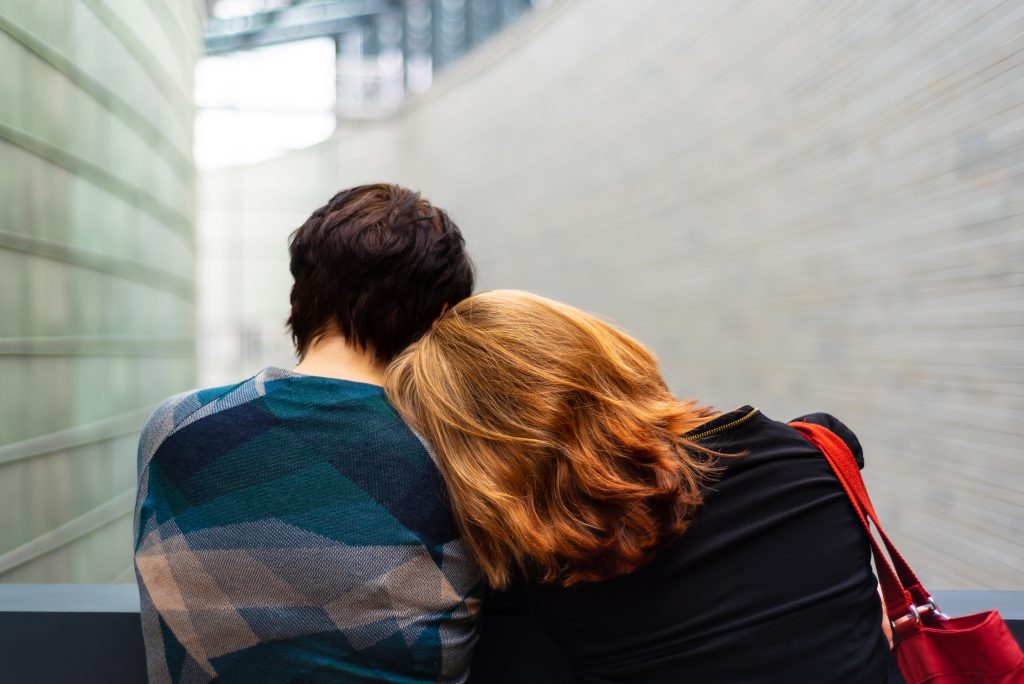
When you become anxious, due to normal reasons or due to any type of an anxiety disorder, your body could show physical reactions like tightening of muscles, shortness of breath, an increase of heart rate or sweating.
This happens because the body is becoming ready for an immediate stress-response – which is usually “fight or flight”. This response could be both physiological and psychological. These changes, which are ‘designed’ by mother nature to save you from actual emergencies, would fade away within about 30 minutes, changing your body back to normal.
However, this is only possible when these stress reactions occur only once a while. If you have them frequently, the body doesn’t have enough time to adjust itself or your muscles, including muscles of the chest, could become more tensioned and thus become painful.
Also, increased heart rate due to the faster beating of the heart could also bring an unusual pain to your chest.
What Does Anxiety Chest Pain Feel Like?
Anxiety chest pain symptoms could differ from person to person. Also, it could even differ for the same person, when having anxiety attacks at different times! However, some of the common symptoms are,
- Sharp throbbing pain with stabbing pressure
- Continuous aching of chest
- A feeling of burning in the chest
- Numbness or a dull ache
- Feeling tension in your chest area
- Odd muscle twitches in chest
- Spasms in the chest area
What is the Difference Between Anxiety Chest Pain and Heart Attack?
It is common for many people to misidentify anxiety chest pain as a heart attack. Since chest pain itself is one of the major warning signs of an actual heart attack! It’s better to understand the differences between both.
- Anxiety chest pain usually arises when the person is resting, while heart attack often arises when the person is active.
- Chest pain caused by anxiety usually remains in the chest, while pain arising from a heart attack frequently travels from heart to other parts of the body, such as limbs, shoulders, and jaw.
- Anxiety chest pain would develop quickly and fade away rapidly as well, while heart attack chest pain would develop slowly and pain would gradually increase.
- If the person is healthy and has not had previous heart attacks, it is more likely that the chest pain is an anxiety chest pain. But one could never know; it could be their very first heart attack too!
- Although this is not a cause-determining factor, it might always be good to know that women are known to have more anxiety chest pains and men are known to have more heart attacks.
However, if you suspect that what you’re having is a heart attack, better not take any chances and should call for emergency services, as quickly as possible.
How to “Handle” or Prevent Anxiety Chest Pain
1. Practice Deep Breathing to get rid of Anxiety Chest Pain
Go to a silent place, close your eyes and relax both your body and mind. Take a long slow breath while counting to 10 and hold it while counting to 10. Then breathe out slowly, while counting to 10. Continue this for a few minutes. Moreover, patterned and focused deep breathing is known to reduce anxiety.
2. Picture a Beautiful Scene
Try to visualize a natural place that you would feel calm at. This technique is very useful for situations you cannot avoid, such as a meeting.

3. Use a Relaxation App
Put technology to good use. There are many relaxation apps available for free. If you’re a person who frequently gets anxious, keep the app installed on your mobile phone, so you can use it when you need it.
4. Understand the Situation
Are you worrying about something which you can’t control? Would it actually hurt you if what you think that would happen, actually does happen? Maybe you’re worrying for no reason! Try to understand that it is impossible for you to control everything and just accept that fact. Try to understand the anxiety and use ‘logic’ to find a way out of it.
5. Limit Alcohol and Caffeine
Both are known to aggravate anxiety and trigger panic attacks. It would help if the intake is reduced.
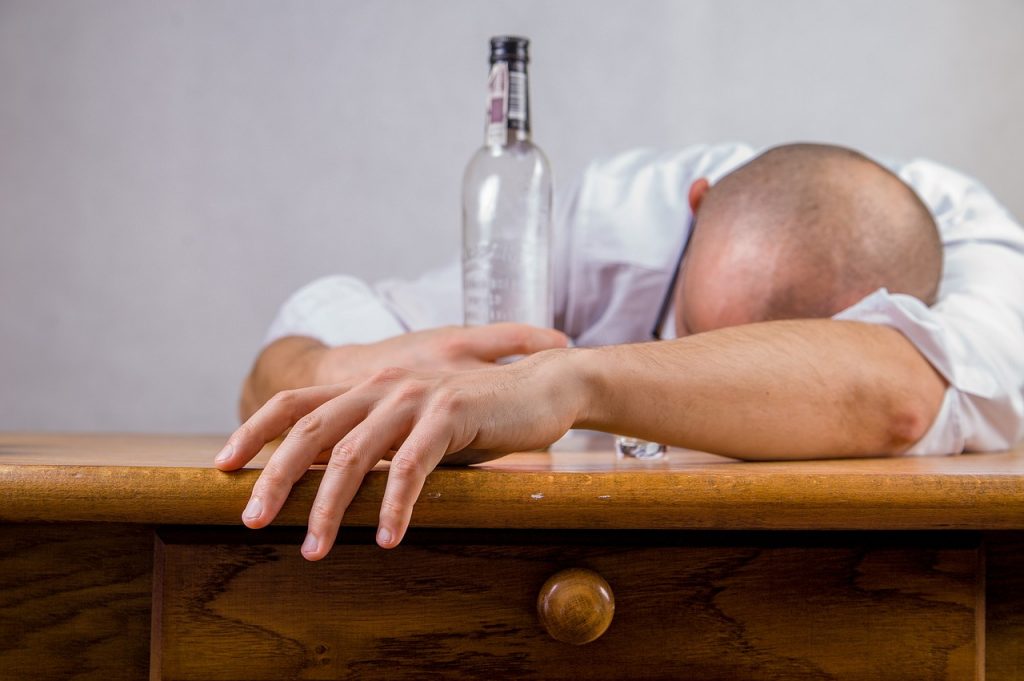
6. Get Enough Sleep
When you’re stressed, your body and mind need additional sleep to rest and reset themselves. Also, not getting enough sleep by itself is a stress-causing factor. Moreover, it’s always good to get enough sleep – at least 7-9 hours per day.
7. Exercise Daily to reduce anxiety chest pain
Exercise daily. This will help you to get a healthy body and a mind. It’s a great way to proactively defend against stress and anxiety.
8. Have Well-Balanced Meals
Do not skip any meals. Always eat healthily. Don’t eat too much either. Make sure that your food is well-balanced too. A healthy, well-balanced, good meal in ideal quantities affect the quality of your body as well as your mind.
9. Allocate Some time for Entertainment
No matter how busy your lifestyle is, always try to allocate some time for entertainment. Listen to songs, go to a concert once a while, watch a movie with your loved ones, do some bedtime reading or you can even start a new hobby. Find what you really love to do and select a few entertainment activities. These would take your anxieties away.
10. Talk to Someone
Sometimes just sharing your feeling with someone itself could make the problems go away. You don’t have to always go to a counselor; just your best friend, your parents or your sibling would do. If you need professional assistance, you can seek a counselor, who would be able to help you. After studying your case, if they get to know that you need further assistance, they would guide you to relevant parties.
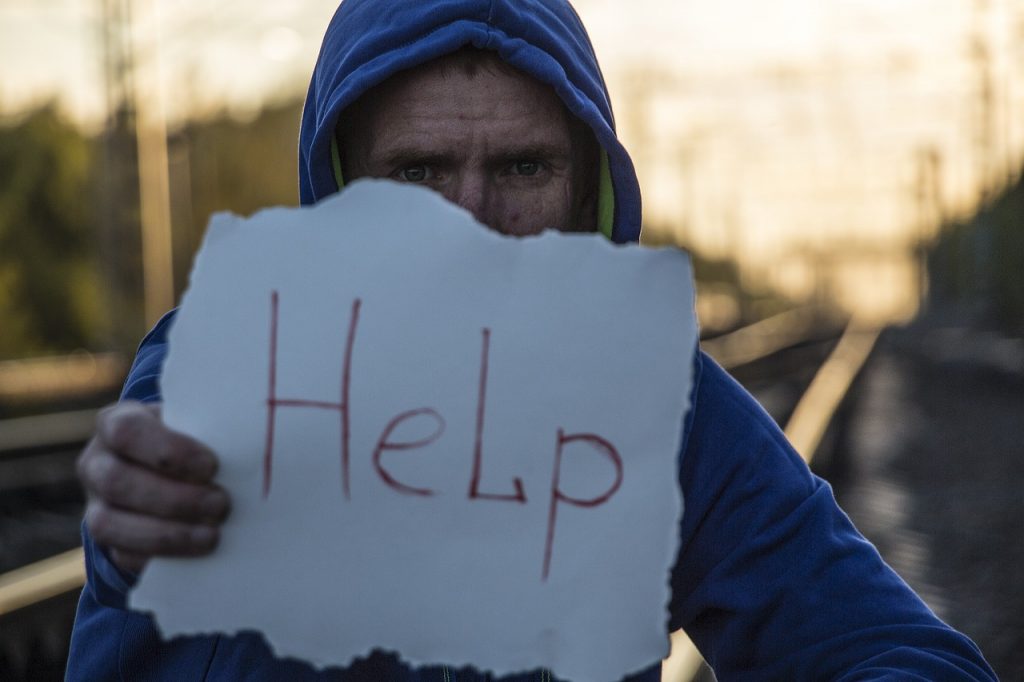
You may never know if or when you might come across the next anxiety attack or the next anxiety chest pain again. Educating yourself with anxiety handling and prevention techniques would make you feel more “in control”. Wouldn’t that itself would take your anxiety away?
If you are interested we have more health-related articles here

